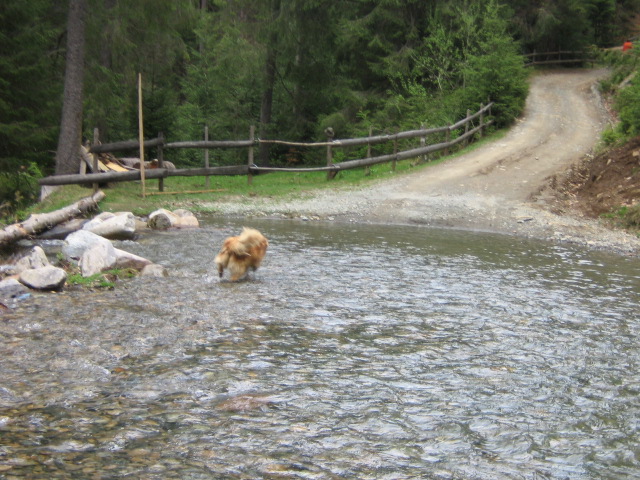Lipsa de socializare duce
la izolare. Lipsa de comunicare cu ceilalți ne face mai asemănătiori cu regnul
animal. Uităm să vorbim, să spunem o vorbă bună, devenim neatenți la comunicarea
cu cei din jur, apatici, devenim “antisociali”. Cum se ȋntȃmplă fenomenul
acesta? Opiniile noastre diferă de ale majorității din societate şi devenim
neaccepatați, ne autoexcludem uneori, alegem să “fim diferiți”. Prieteniile se
schimbă pentru că şi oamenii sunt schimbători.
Am auzit oameni diverşi că
se laudă cu prietenii vechi de 15-20 de ani şi mă gȃndesc „Wow! Să fie chiar
aşa? Aceia chiar se pot baza unii pe alții la nevoie ȋn situații dificile sau
sunt prietenii doar de ochii lumii?” Penru că aşa, “prieteni” suntem tăți pe
Facebook, nu? Cam greu cu doveditul…
Sunt de părere că pentru
a fi un bun prieten ar trebui să ai cȃteva calități de bază.
Să fi o/un prieten/ă bun/ă
ȋnseamnă:
-
să fi o persoană discretă;
- să nu promiți ceva ce
nu poți face, mai precis, să fi sincer/ă, demn/ă de ȋncredere –
- să nu cauți beneficiile
financiare ale unei prietenii
- să fi o/un bun/ă ascultător,
fără a să judeci prietena/prietenul ȋn cauză;
- să fi dispus/ă să ajuți
(mereu) cȃnd ți se cere;
- să ai bun simți şi respect
– mă ȋndoiesc de fapul că cineva ar dori să fie prieten cu un “nesimțit”;
- să fi o persoană pozitivă, optimistă – cine ȋşi
alege prieteni depresivi?
- să ȋi permiți celuilalt
să fie ea/el ȋnsăşi/ȋnsuşi de față cu tine, fără a avea impresia că te imită.
Cȃnd vă ȋntȃlniți nu
ȋnseamnă că o faceți pentru a bȃrfi şi a vă ȋncărca negativ, ci pentru a vă
bucura unul de prezența celuilalt, aflȃnd ultimele veşti şi activități
O/un prieten/ă vă va
alina cȃnd sunteți ȋn suferință, aveți o pierdere, vă pierdeți serviciul etc. Nu
va spune “iar te plȃngi …etc”. Va arăta compasiune, nu milă.
Cȃți prieteni aveți? Dar cȃți prieteni buni, vechi, trainici?
English Version
Lack of socialization leads to isolation. Lack of communication with the others makes us more similar with the animal kingdom. WE forget to talk, to say a kind word, we become sloppy in communicating with the ones around us, apathetic, we become “antisocial” (a lovely word, no?). How does this phenomenon happen? Our opinions differ from the majority from the society and we become unaccepted, we self-exclude sometimes, choosing to “be different”. Friendships change because people change.
I have heard several people bragging having old friends 15-20 years old friendship and I am thinking “Wow! Can it be like that? Are they really dependable vice-versa in difficult situations or are they friends only in the eyes of the world?” Because such examples of friends are many on Facebook, no? Kinda hard with proving…
I think that to be a good friend certain qualities are required.
To be a good friend(man/woman) means:
- to be a discrete person;
- not to promise something you can`t do, more exactly, to be sincere, to be trustworthy;
- to be a good listener, without judging your friend;
- to be willing to (always) help when your help is asked for;
- to have common sense and respect – I strongly doubt that anyone would want an “asshole” for a friend;
- to be a positive, optimistic person – who picks depressive people to hang out with?
- to allow your friend to be him/-her-self around you without them having the impression that they are imitating you.
When you meet it doesn`t mean you do it to gossip and to charge yourself negatively, but to enjoy each other`s presence, finding out the latest news and activities.
A friend will comfort you when you are in suffering, when you have a loss, you lose your job etc. He will not say “you`re complaining again”. He will display compassion, not pity.
How many friends do you have? But how many good friendships, old, lasting?






0 Comments